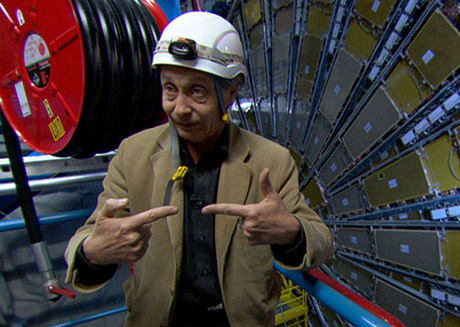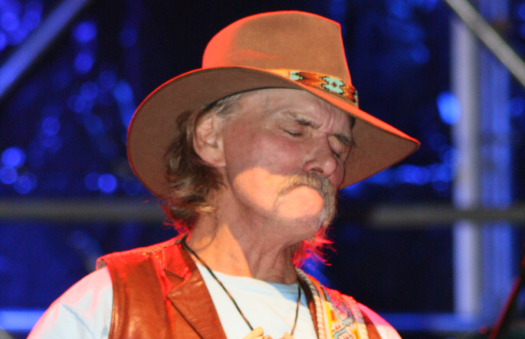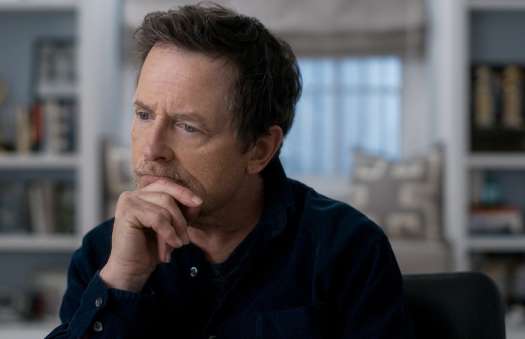At the moment, Peter Mettler is Canada's finest cinematographer, and one of the best in the world. In a national film climate rotten with subsidies and lowbrow films like Score: A Hockey Musical appealing to no one either artistically or commercially, it's refreshing to see our tax dollars funding what is truly great art for a change.
Similar to his ambitious Gambling, Gods and LSD, Mettler isn't afraid to get all philosophical on us. Here, he's tackling the granddaddy of philosophical questions: what is time? Some of his narration skews a little pretentious ("In the beginning, there were no names. Things don't have names; we made them up"), but it is also quite beautiful, at times, with an I-Ching-like simplicity ("We all see our own unique rainbows.")
The film opens with several moments of arty imagery that will have non-art film audiences wondering if they can get a refund. The scenes of genuine substance begin with a trip to CERN for some beautiful shots of the particle accelerator. Here, Mettler channels Werner Herzog's recent interest in scientific bases (Encounters at the End of the World, Cave of Forgotten Dreams).
The CERN sequence ends with a remarkable transition: the camera zooms into a screensaver of falling geometrical shapes until the image blurs and is almost non-discernibly replaced with another image, which slowly comes up: snow falling in a wooded area.
Some moments border on trite, like a group of indigenous people doing something vaguely sacramental that isn't explained. But overall the sequences are consistently engaging. Of particular beauty is a man living in a remote area completely isolated by lava. Several minutes of crepitating lava stream by and those less geologically astute might take a while to figure out what it is. The lava-isolated man then offers his opinions on the benefits of living outside of society, but seems profoundly sad.
The film nears its conclusion with images of Detroit gone to seed. Some young people are taking back the land with community gardens and the like, while massive factories are crumbling. It's a perfect symbol for the larger motifs of the film: time is going to eventually destroy everything we've built.
(Mongrel Media)Similar to his ambitious Gambling, Gods and LSD, Mettler isn't afraid to get all philosophical on us. Here, he's tackling the granddaddy of philosophical questions: what is time? Some of his narration skews a little pretentious ("In the beginning, there were no names. Things don't have names; we made them up"), but it is also quite beautiful, at times, with an I-Ching-like simplicity ("We all see our own unique rainbows.")
The film opens with several moments of arty imagery that will have non-art film audiences wondering if they can get a refund. The scenes of genuine substance begin with a trip to CERN for some beautiful shots of the particle accelerator. Here, Mettler channels Werner Herzog's recent interest in scientific bases (Encounters at the End of the World, Cave of Forgotten Dreams).
The CERN sequence ends with a remarkable transition: the camera zooms into a screensaver of falling geometrical shapes until the image blurs and is almost non-discernibly replaced with another image, which slowly comes up: snow falling in a wooded area.
Some moments border on trite, like a group of indigenous people doing something vaguely sacramental that isn't explained. But overall the sequences are consistently engaging. Of particular beauty is a man living in a remote area completely isolated by lava. Several minutes of crepitating lava stream by and those less geologically astute might take a while to figure out what it is. The lava-isolated man then offers his opinions on the benefits of living outside of society, but seems profoundly sad.
The film nears its conclusion with images of Detroit gone to seed. Some young people are taking back the land with community gardens and the like, while massive factories are crumbling. It's a perfect symbol for the larger motifs of the film: time is going to eventually destroy everything we've built.




